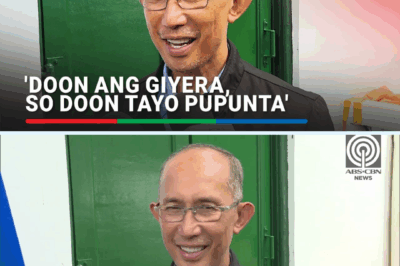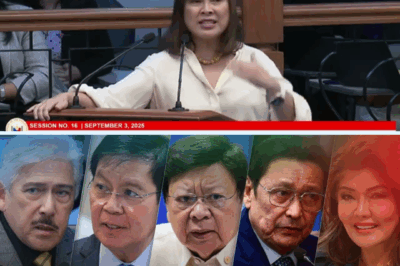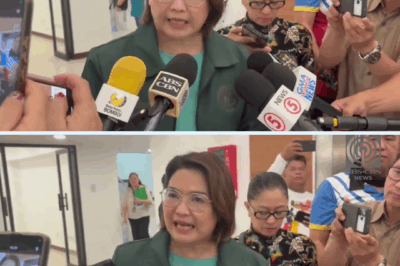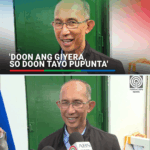ntroduction
In a poignant Senate hearing on September 4, 2025, actress Angel Aquino and content creator Queen Hera courageously shared their harrowing experiences with online sexual exploitation, particularly the use of deepfake technology to create explicit content without their consent. Their testimonies shed light on the pervasive issue of online sexual abuse and exploitation in the Philippines, urging lawmakers to strengthen existing laws and implement more effective measures to combat this growing threat.
The Rise of Deepfake Technology and Its Implications
Deepfake technology, which uses artificial intelligence to manipulate images and videos, has become a significant tool for perpetrators of online sexual exploitation. According to Senator Risa Hontiveros, the Philippines has become a global hotspot for online sexual abuse and exploitation, with deepfake pornography being a prevalent form of abuse. Research by Sensity AI indicates that 95% of deepfake content is pornographic, and 90% of these victims are women and children. This alarming statistic underscores the urgent need for legislative action to address the misuse of such technologies.
Angel Aquino’s Testimony
Angel Aquino, a well-known actress in the Philippines, revealed that her images were used to create explicit deepfake videos without her consent. She expressed the emotional and psychological toll this violation has taken on her, highlighting the trauma of seeing her likeness exploited in such a manner. Aquino called for stronger laws to protect individuals from such abuses and emphasized the importance of holding perpetrators accountable.
Queen Hera’s Story
Content creator Queen Hera shared a deeply personal account of how her young daughter’s image was used in deepfake pornography. She described the anguish of discovering that her child’s likeness had been exploited in such a disturbing way, emphasizing the devastating impact on her family’s well-being. Queen Hera’s testimony highlighted the vulnerability of children to online sexual exploitation and the urgent need for protective measures.
Senate’s Response and Proposed Legislative Measures
In response to these testimonies, the Senate Committee on Women and Children, led by Senator Hontiveros, discussed proposed amendments to the Safe Spaces Act. These amendments aim to address the challenges posed by emerging technologies like deepfakes in the realm of online sexual exploitation. The committee emphasized the need for laws that are adaptable to technological advancements and can effectively combat the misuse of digital platforms for abusive purposes.
The Role of Technology Companies
During the hearing, discussions also focused on the responsibility of technology companies in preventing the spread of deepfake content. Senator Hontiveros criticized platforms like TikTok for their inadequate measures in detecting and removing non-consensual explicit content. She called for stricter regulations and accountability for these companies to ensure the safety of their users, particularly women and children.
The Need for Public Awareness and Education
Beyond legislative action, experts at the hearing emphasized the importance of public awareness and education in combating online sexual exploitation. They advocated for programs that educate individuals about the risks of online platforms, the implications of sharing personal images, and the legal avenues available for victims of online abuse. Empowering the public with knowledge is seen as a crucial step in preventing such violations and supporting victims.
Conclusion
The Senate hearing on September 4, 2025, marked a significant moment in the Philippines’ ongoing battle against online sexual exploitation. Through the courageous testimonies of Angel Aquino and Queen Hera, the nation was reminded of the real-life consequences of digital abuse. Their stories have galvanized lawmakers and citizens alike to take action, ensuring that the Philippines takes a firm stand against the misuse of technology for exploitative purposes. As the legislative process continues, the hope is that stronger laws and more effective measures will be implemented to protect individuals from the growing threat of online sexual exploitation.
For a visual account of the Senate hearing, you can watch the following video:
News
Mayor Magalong vows showdown with congressmen over alleged flood project kickbacks—“Doon tayo sa giyera”—nation anxiously awaits explosive revelations.
Baguio City Mayor Benjamin Magalong has recently expressed his readiness to confront members of the House of Representatives regarding alleged…
Philippine Senate mixes seasoned veterans and young lawmakers—who leads, who struggles, and how will age shape the nation’s future?
As the Philippines embarks on the 20th Congress, the question of age among its senators has become a topic of…
Protesters storm Discaya compound in Pasig, hurl mud, write “thief”—outrage over alleged corruption and failed flood projects explodes.
Introduction A dramatic protest unfolded in Pasig City on September 4, 2025, as demonstrators targeted the compound of St. Gerrard…
Discaya-Owned Contractors Behind ‘Unfinished’ PH Film Heritage Building – Palace Official
Introduction The Philippine Film Heritage Building, a project aimed at preserving the country’s cinematic history, has faced significant delays and…
Discaya couple faces Senate hearing September 8 over flood control corruption, luxury cars, and public fund misuse—nation watches closely!
Mag-asawang Discaya, Haharap sa Pagdinig ng Senado sa Setyembre 8 Manila, Pilipinas – Ang mag-asawang Pasifiko “Curlee” II Discaya at…
Anne Curtis shares how daughter Dahlia first realized her mother’s celebrity status—adorable reactions and behind-the-scenes moments delight fans!
Anne Curtis Opens Up About How Daughter Dahlia Realized Her Mother Was a Celebrity: A Heartwarming Tale of Family and…
End of content
No more pages to load












